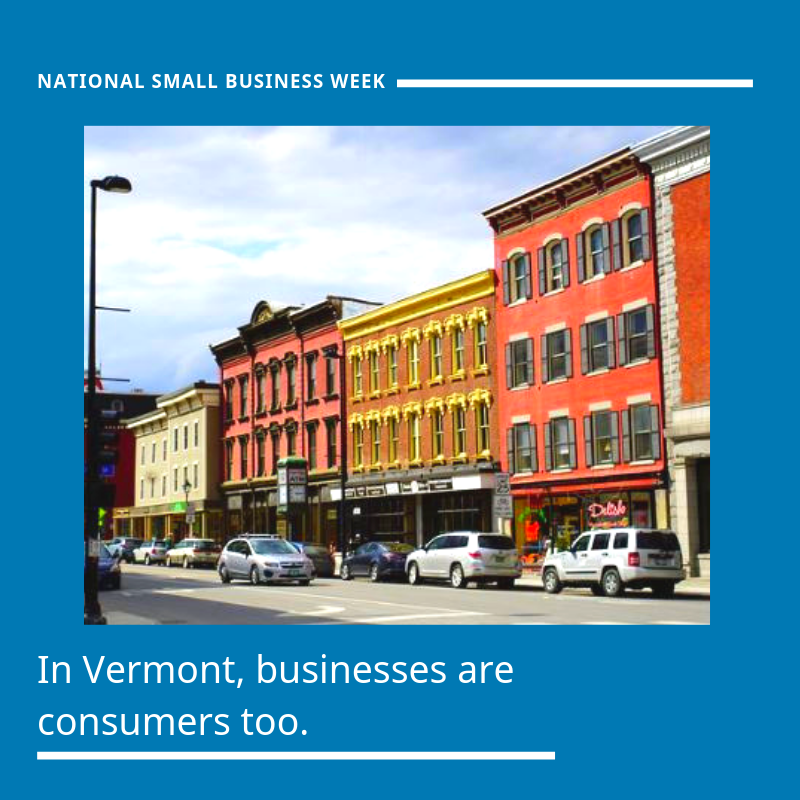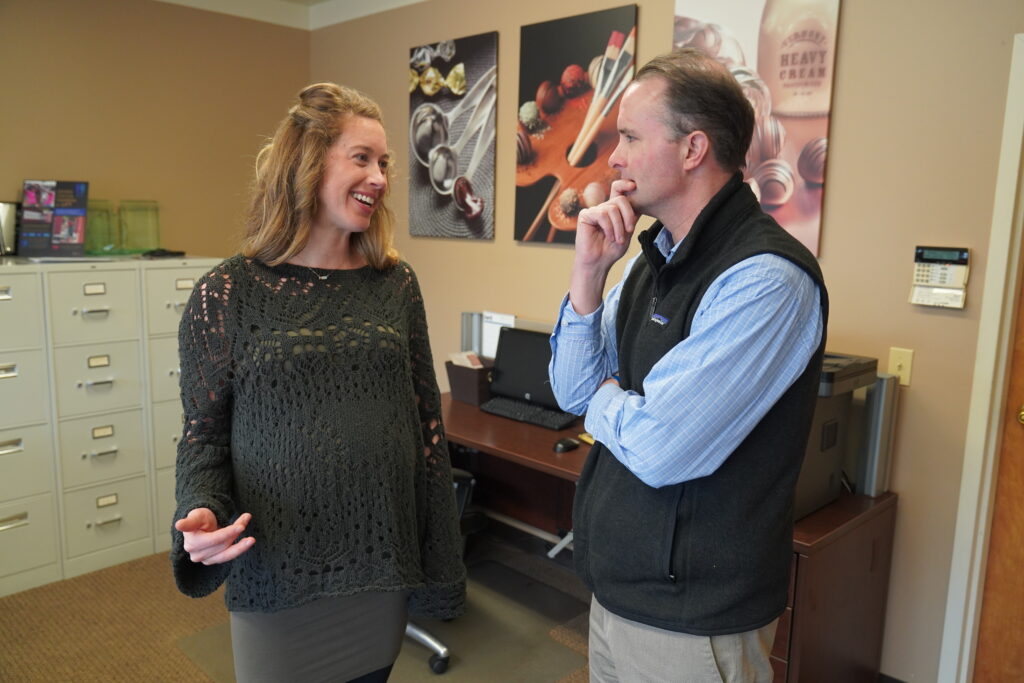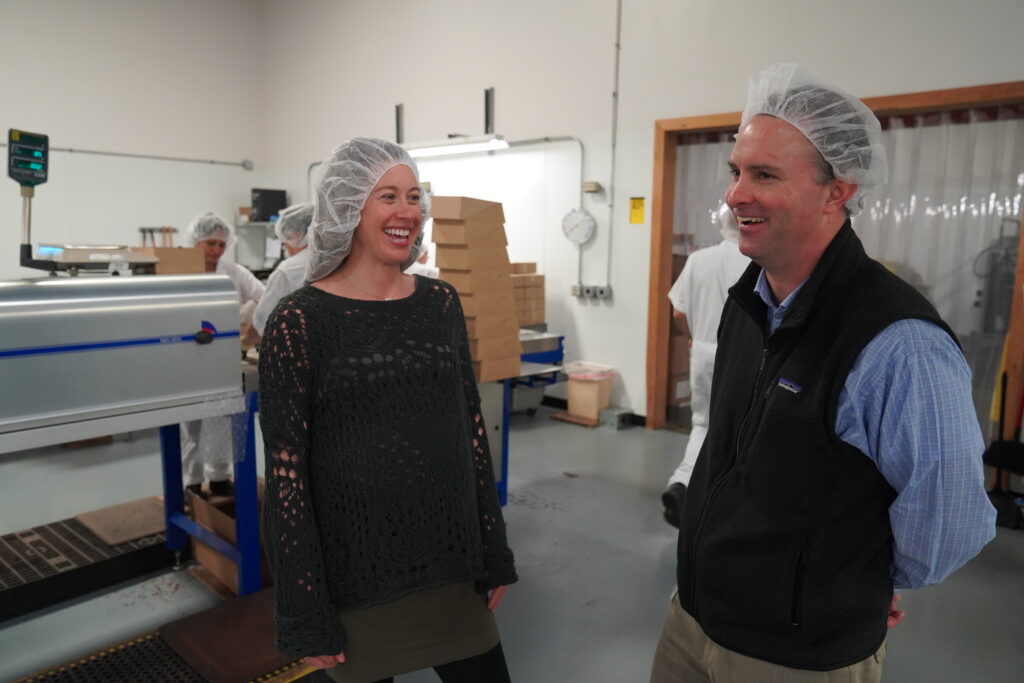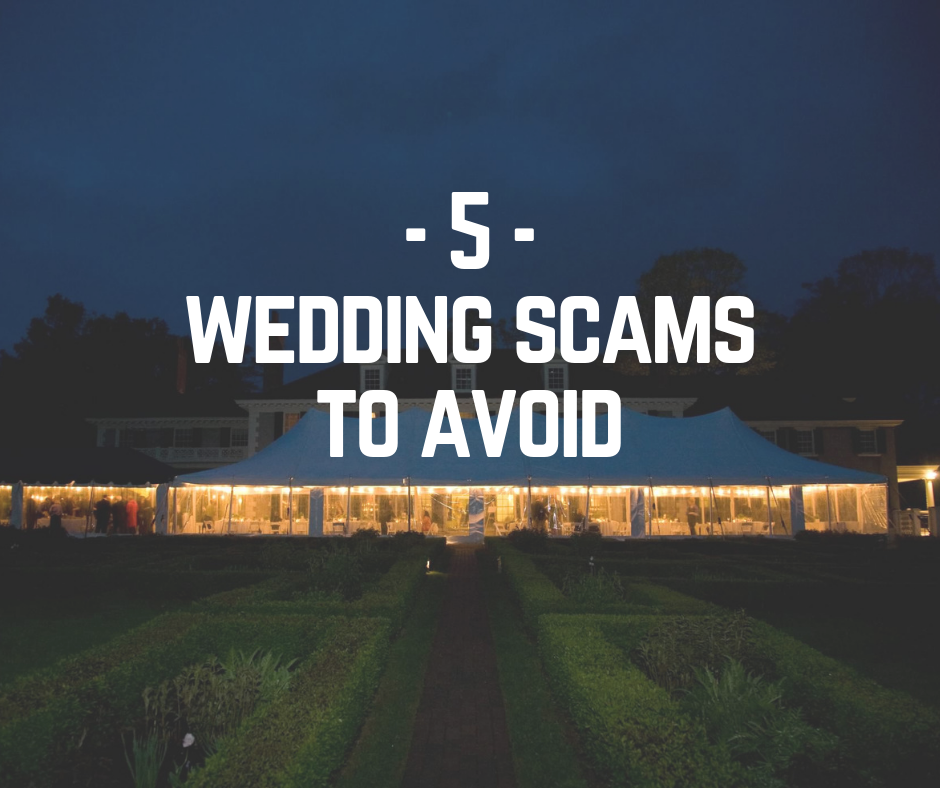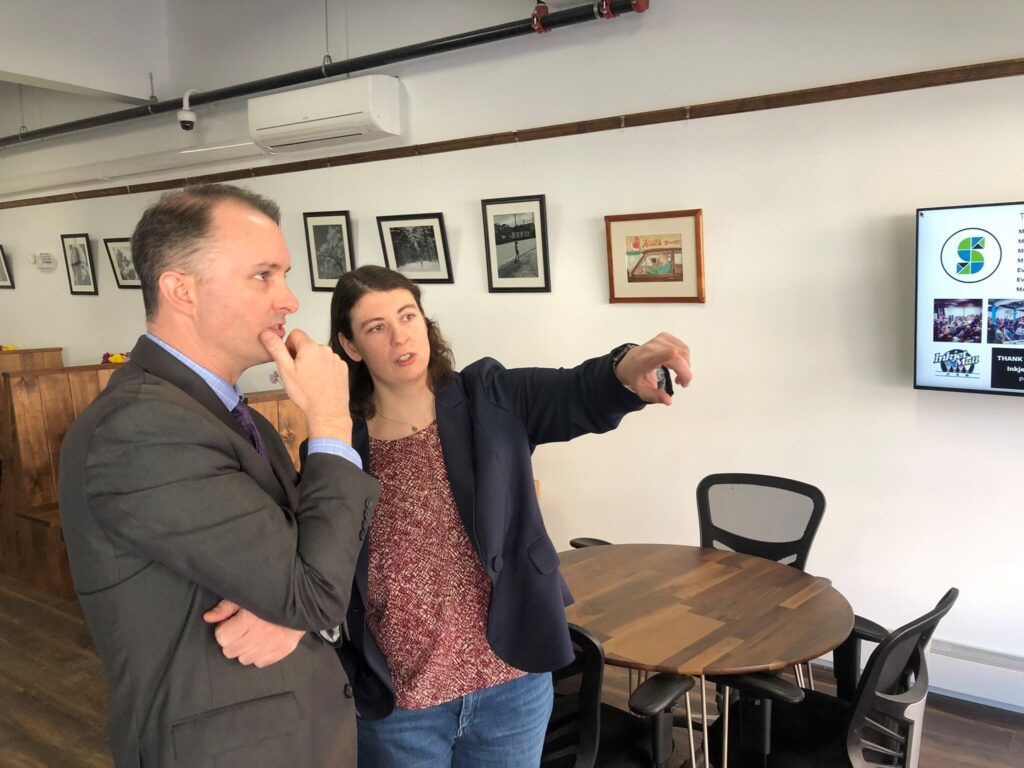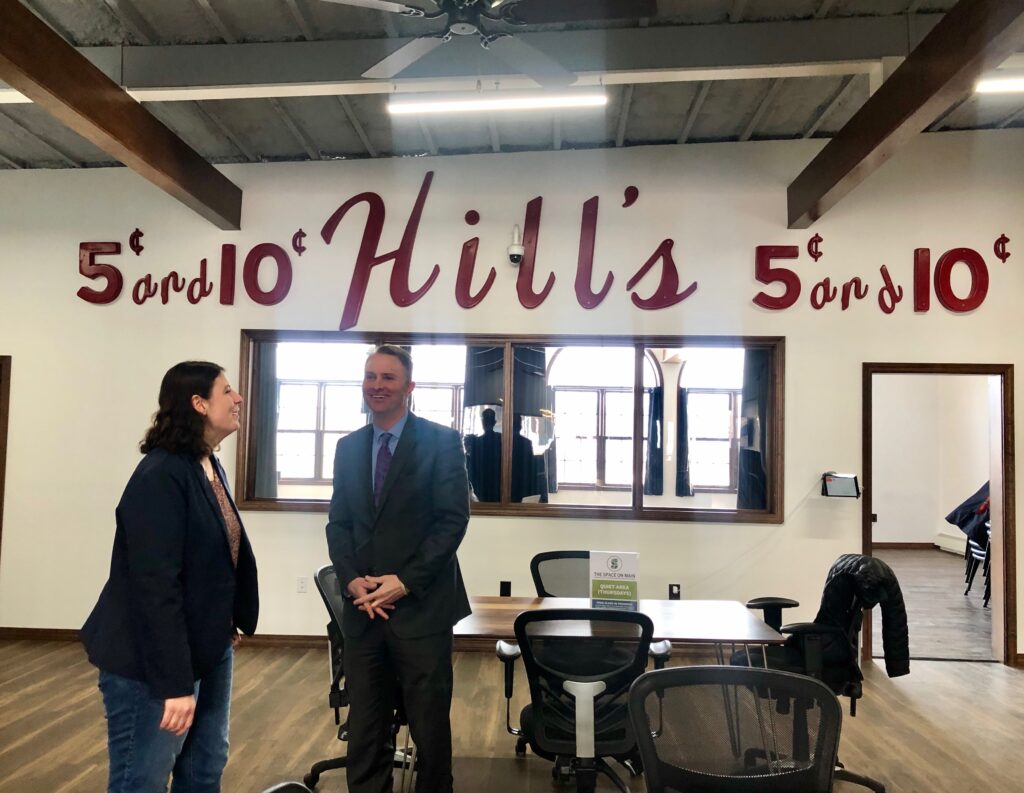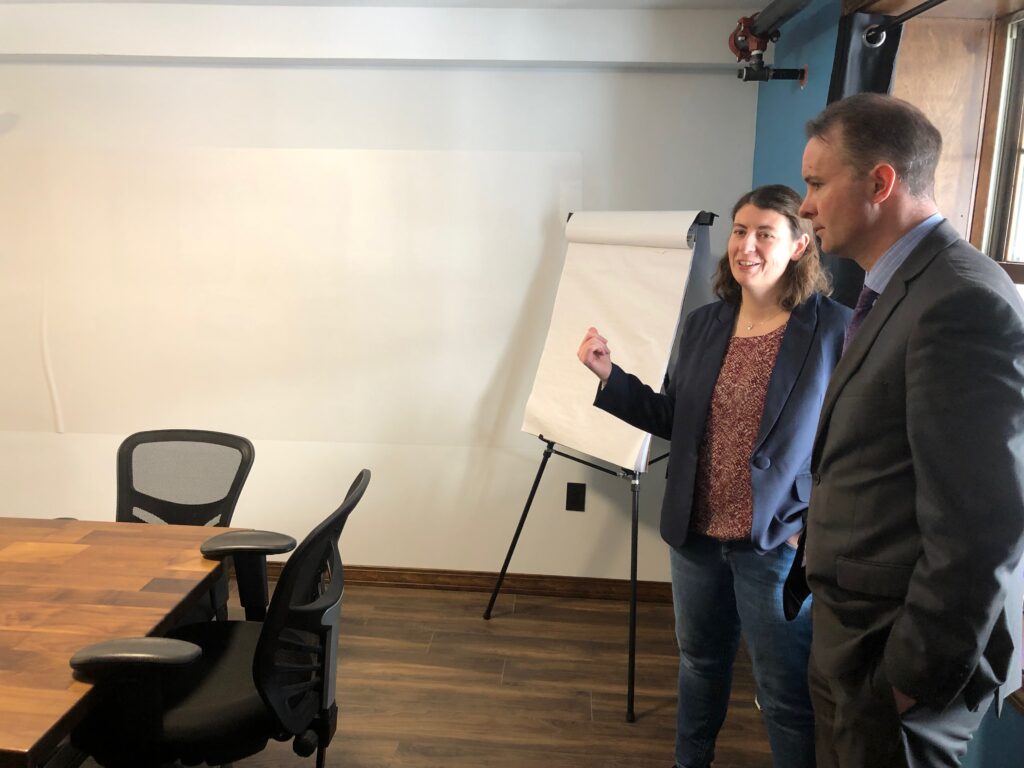This is a monthly series in which the Attorney General will feature a Vermonter doing exemplary work in their community. Have someone you think should be featured? Email AGO.CAP@vermont.gov.
May 10th marked National Child Care Provider Appreciation Day. We want to thank Vermont’s early educators for all that they do for Vermont’s children and families by honoring them as our May Vermonters of the Month. To do this, we asked Let’s Grow Kids, a nonprofit organization whose mission is to ensure affordable access to high-quality child care for all Vermont families by 2025, to help us highlight the stories of two inspiring early educators—Betsy Barstow of Nature’s Niños and Samara Mays of Montpelier Children’s House.
Early educators play a critical role in the development of our youngest Vermonters. According to Let’s Grow Kids, 70 percent of Vermont children under the age of 6 have all available parents in the labor force, meaning they’re likely to need some form of childcare. This, coupled with the fact that the first five years of a child’s life is when the brain is developing most rapidly, provide early educators with the opportunity to help children build a strong foundation for all future learning and development.
“Our early educators are literally building the brains of Vermont’s future leaders by giving young children the nurturing care and early learning opportunities that will set them up for success in school, work and life,” says Let’s Grow Kids CEO Aly Richards. “They’re with our children during the most critical time of development and they are supporting families as well as employers. We all benefit from the incredible work early educators do every day.”
We had the opportunity to meet Betsy Barstow and Samara Mays at their programs, in Adamant and Montpelier respectively, to hear their stories and see their amazing work in action.
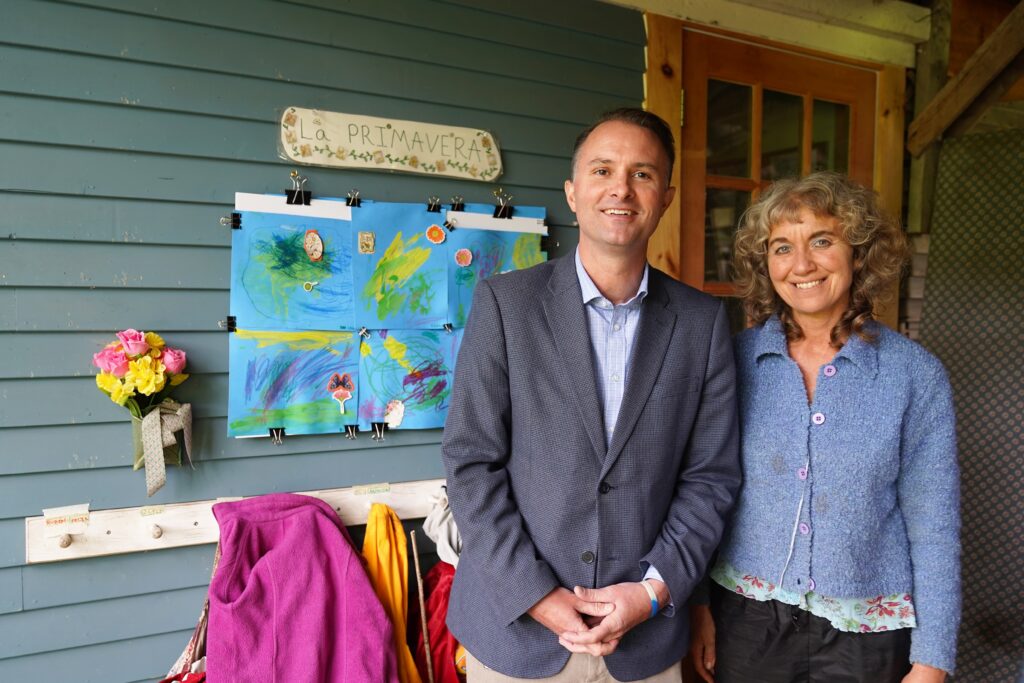
Betsy Barstow
Drawing on nearly 30 years of experience as a teacher, Betsy Barstow is shaping the lives of prekindergartners (Pre-K) at her 52-acre homestead in Adamant, Vermont. Her program, Nature’s Niños, is a nature-based Spanish-English Act 166 Pre-K. As a licensed Vermont Early Childhood Educator and Registered Family Child Care Home Provider with experience as a teacher in South America, Betsy offers both a bilingual Spanish-English program and a Spanish Language immersion program for children ages 3-5.
The students at Nature’s Niños spend most of their day outside—exploring nature, sharing stories and meals, and creating a sense of community while learning Spanish language and aspects of Latin-American cultures. Betsy’s philosophy on early education is simple, but incredibly impactful—”Young children are meaning makers. As they grow, they are busy making sense of the world around them, making relationships with the people in their life and building a self-concept. They are forming ideas about what the world is like and how to be in this world.” Betsy says it’s her intent to “show that the earth is an interesting, fascinating and beautiful place, that the people in it may be caring and responsive and that the individual is a valued contributor to the community no matter what his/her age.”
Why did you get into the early education field? What’s the most rewarding thing about your work?
I’ve always related well to children and wanted to do something that had an impact on their lives that encouraged development and a love of learning. Teaching touches lives and opens doors—I wanted to have a part in that. As a college student, I double majored in Elementary Education and Special Education at Trinity College. When I graduated, I moved to Cali, Colombia where I taught in a bilingual school and dreamed of starting my own school someday. When I returned to Vermont in 1988, I worked as a teacher in several local schools, teaching Spanish and art to different age groups. Influenced by becoming a mother and raising two children with my spouse and later working in the East Montpelier Elementary preschool, I realized how profound this period of time is in creating the foundation of a person’s life and decided to enroll in the Vermont Higher Education Collaborative (VHEC). The master level classes I took provided me with an additional endorsement in early childhood education. Vermont’s Act 166 allowed me to design a home-based Pre-K program that enables me to share my love of nature and multi-cultural based experiences, similar to those that I gave my own children, regardless of a family’s ability to pay.
The most rewarding aspect of this work is being a part of these children’s lives, offering them experiences and watching them grow. My curriculum introduces the philosophy of the three cares—caring for self, caring for others and caring for the earth. This fosters a love of nature, a sense of beauty and an appreciation for the world around us. It also creates a community of caring for each other and ourselves. It is rewarding to see children become considerate, curious learners with a sense of wonder, thus laying the basis for lifelong learning.
What do you think is important for Vermonters to know about early education?
Early education is broader than when a child goes to a home, school, or center-based program, it includes their experiences at home and in the community. For a young child, all experiences, are part of their education and form their life view, the habits they develop and their self-esteem, how they relate to others, pursue their interests and navigate life. Additionally, I would like Vermonters to know that because of Act 166, and their contributions, all children have the opportunity to go to a Pre-K program to learn, grow, and develop.
How does your program support the community?
Nature’s Niños supports the creation of community among the children’s families and the act of community service. Our beginning of the year picnic and other family events, are intended to help build relationships and develop support systems. We reach out further to the community by sharing some of the harvest from the school garden with local organizations like the Twin Valley Senior Center and the FEAST nutrition program at the Montpelier Senior Activity Center. The children learn through these acts of service that if you have food, you share it.
Why is early childhood education important for Vermont?
As Vermonters, we may bear in mind that children are future adult citizens and ask ourselves how we all can foster and be involved in nurturing an engaged, empathetic, secure, and globally minded citizenry. We can ask questions to facilitate children’s thinking, quest for answers, creative expression and spend time with them to let them know that they are valued and loved.
What impact, if any, has being an early educator had on your life?
Being an educator inspires my own creativity when I think about what kinds of experiences I want to offer and it gives me pause to reflect on what core values I feel are important to share. It has also allowed me to build lasting relationships with the children I’ve taught and their families that extend beyond when the children leave the program. This has given me a tremendous amount of joy in my life.
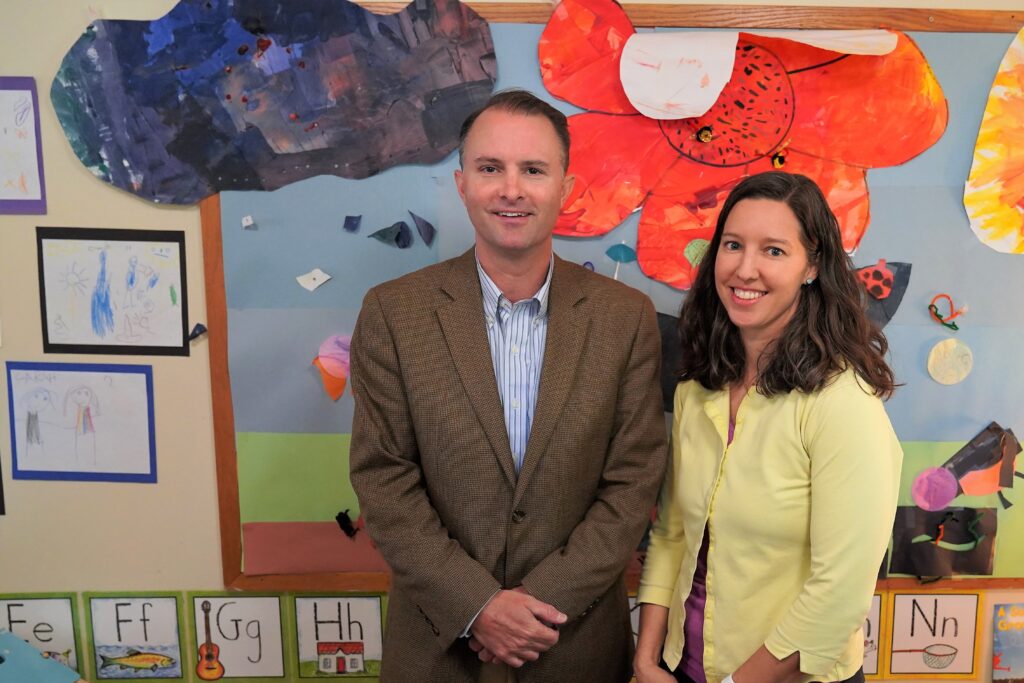
Samara Mays
Samara Mays’ journey into early childhood education began during her own childhood, when her father, Larry Parker, operated a daycare out of their home and later opened the Montpelier Children’s House in 1984. Now, 35 years later, Samara serves as director, co-owner, and a teacher at the Children’s House, continuing the legacy of her father—who is currently enjoying retirement.
Memories from Samara’s childhood and early adulthood are intertwined with the goings-on at Children’s House. She spent many afterschool hours and summers working alongside her father and other teachers observing the art of communicating respectfully and engaging joyfully in the education of young children. Though she initially moved away from the field of education and pursued a master’s degree in Rural Sociology, Samara was called to service when her mother became ill and her father increasingly found himself needing to be away from the program. While working for a Montpelier-based nonprofit, she filled in at Children’s House where she could—early in the morning, the occasional lunchtime and late afternoons. Each time feeling joy and ease as she slid back into the familiar routines of the program and her true calling, early education.
Samara left her nonprofit job after the birth of her second child, and, after a while began to care for other children in her home. She formally joined Children’s House in 2010, when her youngest child reached enrollment age and she was able to naturally transition the home care she provided for of other children over to Children’s House.
“During my time at Children’s House, I have grown considerably as an educator and administrator. I have been endlessly grateful for the support and knowledge of those I have become connected to in the field – teachers, colleagues, mentors and of course, children and families. I am walking a path where, like my students, I am constantly curious and enthusiastic about the hundred ways to know, investigate and experience the world together.” Samara says, “I am tremendously proud of my little school.”
Why did you get into the early education field? What’s the most rewarding thing about your work?
As a young person, early education touched so many aspects of my life but as a career, never crossed my mind. Watching my father grow the business made clear that it was very hard work for comparatively little compensation. That said, when I moved back to town in my mid-20’s I was drawn to the family business with a new perspective, particularly about how engaging, challenging, and rewarding it is to work with children and families. When I started at Children’s House, there wasn’t a clear decision that I would take over the business—just that I was dipping my toes in the water a little bit. It was a huge learning curve, particularly learning about the business management aspects of the job. I started taking classes at Community College of Vermont to get my Director’s Credential and I really got hooked on learning about how children grow, develop and acquire knowledge and understanding. I really love the science behind early childhood education. I formally took over as Director about five years ago. Children’s House is 35 years old this year and I’m really proud to continue the program’s legacy forward into the future. I understand and value the huge importance of high-quality early education—not only for the healthy growth and development of young children, but also for our local economy. Families need access to high-quality, affordable care for their children.
The most rewarding thing about my work: I love facilitating learning and discovery. When you give a child the right environment, and the time and space for them to construct their own knowledge and understanding, you get to witness that spark of discovery that occurs. Imagine the magic and wonder of creating a new color for the first time! Working with young children allows me to share in the joy and wonder of discovering the world all over again. I also treasure the relationships made with children and their families. Early childhood is a marvelous and messy time, and we get to be in the thick of it with children and their families.
I also have to mention how rewarding it is to work with my co-teachers. Working in early education requires that you think on your feet and adapt to the constantly changing needs of the children and the group. My co-teachers are endlessly brilliant, flexible and creative. Working in a busy and fast-paced environment requires a special kind of communication and trust that we’ve been able to cultivate over time. I’m so grateful to have found dedicated and talented early educators that are as passionate as I am about the value of our children’s earliest years.
What do you think is important for Vermonters to know about early education?
This is a big one! High-quality early education is the foundation of growing healthy humans. We know that birth to five is the most important period for brain development. Every experience, every interaction becomes a part of how children create their understanding of the world, their relationships with others and their sense of themselves. Investment in early education pays off—we know this. High-quality early childhood education has been found to benefit children through adulthood and this benefit is even realized in subsequent generations. We’re learning how important it is for children to develop social and emotional skills and how these “softer skills” are predictive of later school success. If we (meaning Vermont and the United States) want good outcomes for children and families there must be real and sustained investment in early education.
High-quality early care requires that we, as a community, make the decision to invest in early educators. Working in early education asks teaching professionals to subsidize the cost of childcare by making less money than peers with the same amount of education and often forgoing benefits such as health insurance, dental and retirement. It isn’t fair. While our program works hard to compensate teachers as well as we can, we’ll always come up against the challenge of affordability for families. Finding a balance that honors the value of early educators with livable compensations and maintains accessibility to all families is the challenge that every early education program will continue to face.
How does your program support the community?
We provide care for 25 children and families, most of who live in and around Montpelier. As an Act 166 prequalified partner, we are able to provide publicly funded Pre-K to our students for ten hours a week, 35 weeks a year. This absolutely helps with the total cost of tuition for families. We operate ten hours a day, year-round. Our availability and public funding mean we can be supportive and accessible to working families. We also provide warmth, continuity and community to our young people.
Our program aims to be in partnership with young families. As a parent myself, I am well aware of both the joys and the challenges that are part of these years. We all juggle a seemingly endless list of to-dos. Our goal is to provide a nurturing place for kids to experience joy and be a part of something bigger than themselves—even when growth comes with pains. If we do this well, we make space for parents to work, and meaningfully engage in our community and economy. By providing access to high-quality, affordable care we fill a need for communities such as Montpelier to attract young families. In that way, we are an essential part of the local economy.
Why is early childhood education important for Vermont?
As I’d mentioned earlier, high-quality early education is foundational. It is the foundation on which we grow Vermonters who are eager and enthusiastic learners, individuals who can manage relationships and work through conflict, problem-solvers who are ready to tackle new and challenging issues. This is the foundation we are setting for the next generation of citizens.
In the shorter term, high-quality early education is an absolutely necessity to attract and retain young people to Vermont. Families need and value quality care for their children so that they can work and support this state’s economy. Without adequate childcare options, growing businesses is a non-starter.
What impact, if any, has being an early educator had on your life?
I think that being an early educator is not what you do, but who you are. To me it’s one of those professions that becomes a part of your whole life. I truly love the work that I do. It is engaging, challenging and never, never dull. I get to work with incredible people whose skills and dedication to children and families are truly inspiring. I have the tremendous privilege of sharing in the early years of people’s children and am grateful for the trust that they have placed in me.
I am not an early educator because I love kids (which I do, of course) but because I feel a responsibility to do my part to protect childhood—to ensure that the young people in my care know that they are loved, valued and capable. All children deserve the opportunity to feel as though they are a part of something bigger than themselves and are responsible not only for themselves but for one another. Creating a school that instills this knowledge is the best way that I know of to be a citizen. It is hard work and demands your whole heart. It is worth every minute.

